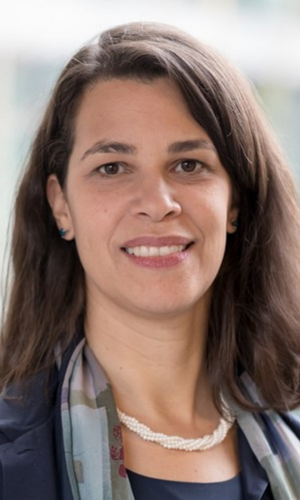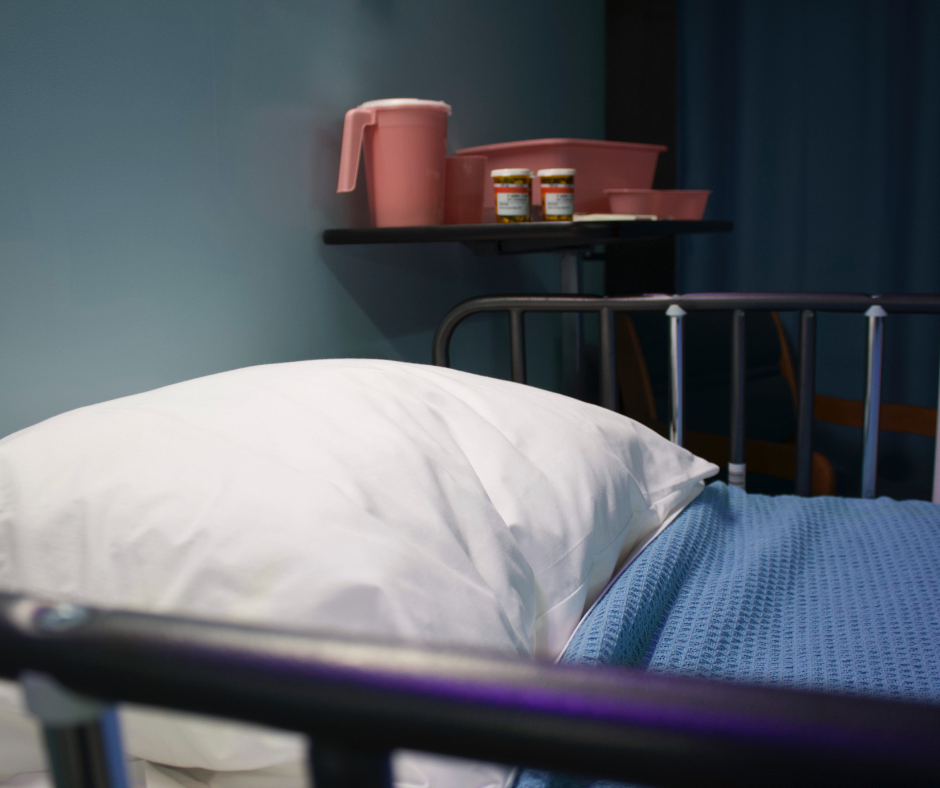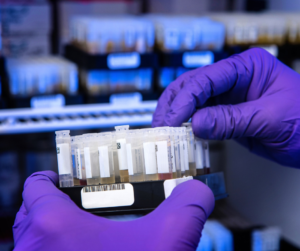Advanced practice providers (APPs) in oncology were divided in their willingness to consult on or prescribe medications for medical aid in dying (MAID) if it was legal for APPs to participate in the practice, according to the results of a survey of APPs at a single institution. Willingness to participate in MAID was associated self-reported knowledge of and comfort with MAID, as well as with having patients who were pursuing MAID, the survey found.
The study of APPs’ attitudes toward MAID took place at Fred Hutchinson Cancer Center, an independent, nonprofit organization and the only National Cancer Institute-designated cancer center in Washington State, where physician participation in MAID has been legal since 2009. A legislative amendment to expand MAID participation to physician assistants (PAs) and nurse practitioners (NPs) was considered in 2021 and 2022 but did not pass. In 2021, New Mexico became the first state to allow PAs and NPs to prescribe and consult on MAID cases.
|
States Where Medical Aid in Dying Is Authorized Source: Compassion & Choices |
The study, published in JAMA Network Open, sought to determine the willingness of APPs to consult on and prescribe medications for MAID, as well as their knowledge about and comfort with participating in MAID. The study focused on APPs in oncology because the majority of participants who have requested MAID in Oregon and Washington State have had cancer as their underlying terminal illness.
The study authors defined death with dignity (DWD) for participants to prevent confusion with euthanasia and ensure consistency with the legality of MAID.
MAID Is Not Euthanasia

“The difference between MAID and euthanasia is that MAID requires the terminally ill individual to self-administer the medication that leads directly to their death. MAID involves a physician to determine if that person is eligible and to write a prescription for the medication, but the physician is not involved in the specific act that leads to the terminally ill individual’s death. In contrast, euthanasia, as it’s practiced in other parts of the world, involves the clinician actively administering medication that directly leads to the terminally ill individual’s death,” Loggers explained.
Surveys were sent via email to 167 eligible APPs; 55.1% (92) opened the email, and 46.1% (77) responded. Answers were confidential and only used in aggregate. Demographic data was collected for age, gender, race and ethnicity, religion, and years in APP practice.
Of the 77 respondents, 39 (50.6%) reported that they were willing to participate in MAID in some capacity; 31 (40.3%) were unsure, and 7 (9.1%) were unwilling to participate. The authors reported an association between the number of patients pursuing MAID and willingness to participate with 33 of the 39 willing participants reporting 1 or more patients pursuing DWD. Fifteen of the 31 unsure participants reported 1 or more patients pursuing DWD.
Loggers said that APPs’ reported willingness to participate in MAID is similar to prior studies of MDs and DOs. Likewise, the concerns that are raised about APP participation are the same that are raised about MD participation.
Need for Education
Of the respondents, 27% or fewer reported being knowledgeable or very knowledgeable about behaviors integral to MAID participation. Respondents who were willing as well as those who were unsure about participation in MAID indicated that there would be a need for training, information, and education in MAID.
According to Dr. Loggers, such an educational program would include the following components: specific information about what the law requires (e.g., eligibility); additional support in how to prognosticate for a terminally ill individual; and information about the medications, how to prescribe them, and how to counsel terminally ill individuals about their use.
“Ideally, any education would help people conceptualize this in the context of end-of-life care more broadly and provide them a nonbiased understanding of the ethical arguments for and against this practice so that they are able to synthesize all of that information and then make a well-informed and individual choice about whether they would be willing to participate and in what capacity,” Loggers said.
Loggers said that she hopes the experience of APPs in New Mexico will be studied in greater depth. “There’s an opportunity to learn a lot about the experience of APPs who do and do not engage in MAID,” she said.
The study authors note that the American Medical Association is opposed to physician participation in MAID, and the American Academy of Hospice and Palliative Medicine’s stance is neutral. While the American Academy of Physician Associates (formerly known as the American Academy of Physician Assistants) does not advocate assisted suicide, it is opposed to the prosecution of providers who discuss it with competent patients. The American Association of Nurse Practitioners does not have a policy on MAID.
For more information
Singer, J., Daum, C., Shen, M.J., Zecha, G., Kaplan, L., Plakovic, K., Blazey, M., Arnold, M., Silko, B., Baker, K., & Loggers, E.T. Assessment of oncology advanced practice professional willingness to participate in medical aid in dying. JAMA Network Open, (2022). 5(10).
Compassion & Choices. https://compassionandchoices.org/







